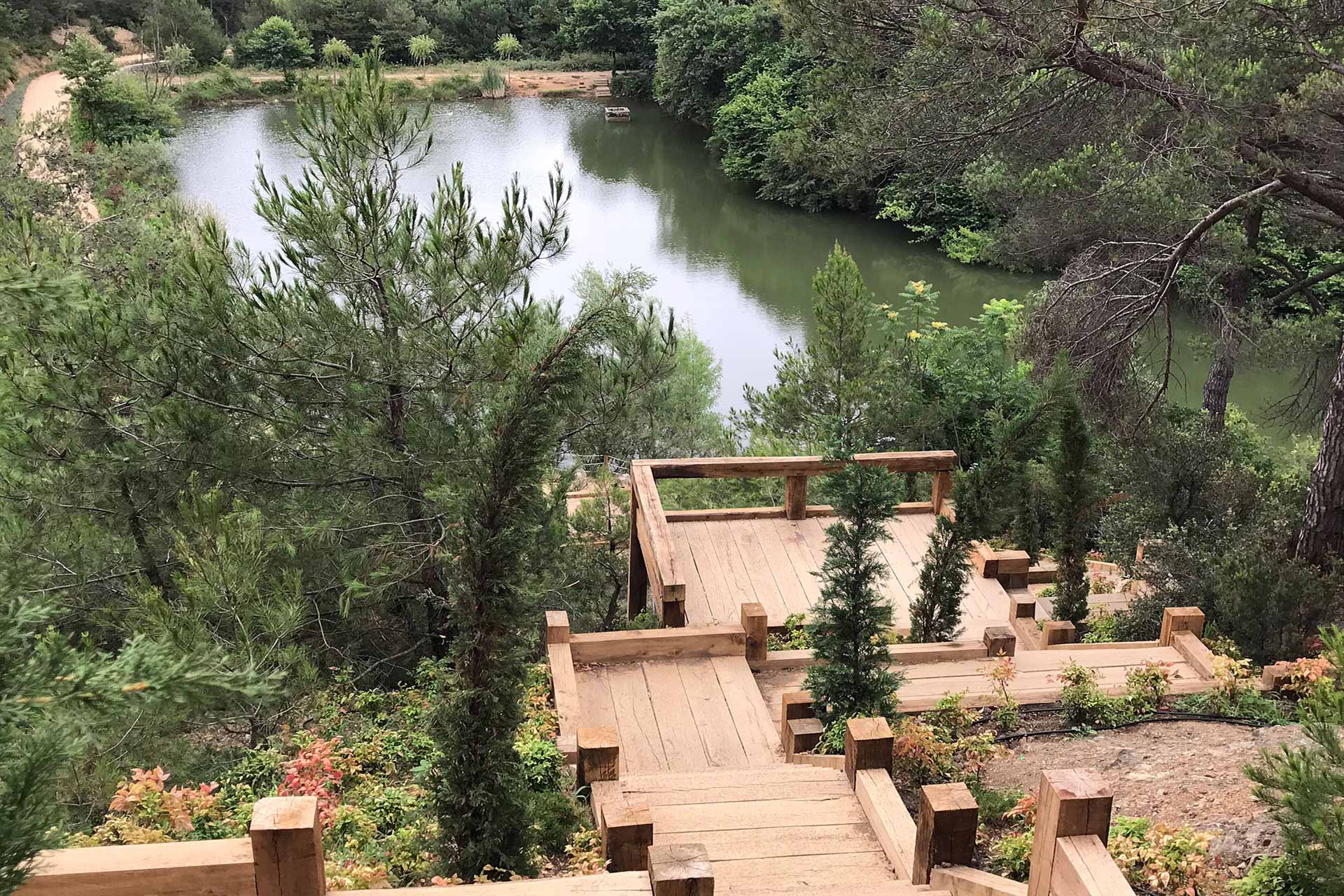Introduction
Turkey is a country that has always attracted tourists from around the world due to its historical, cultural, and natural attractions. In this article, we will explore Turkey’s geography, history, tourist cities, population, currency, and culture.
Geography of Turkey
 Turkey is located on two continents, Asia and Europe, giving it a unique geographical position. With an area of about 783,356 square kilometers, it shares borders with countries such as Iran, Armenia, Georgia, Syria, Iraq, Greece, and Bulgaria.
Turkey is located on two continents, Asia and Europe, giving it a unique geographical position. With an area of about 783,356 square kilometers, it shares borders with countries such as Iran, Armenia, Georgia, Syria, Iraq, Greece, and Bulgaria.
Turkey features a diverse geography, including mountains, valleys, plains, and beautiful coastlines. The Taurus Mountains in the south and the Pontic Mountains in the north surround the country.
The Taurus Mountains
These mountains stretch from the Mediterranean coast to the eastern part of Turkey. Their high peaks and deep valleys create stunning natural landscapes.
Pontic Mountains of Turkey
Situated in the north along the Black Sea coast, these mountains boast a humid climate and lush green forests, making it one of the most beautiful regions.
The Anatolian Plateau
This central plateau, with its moderate altitude, is one of Turkey’s main agricultural areas. Due to its geographical location, it experiences hot and dry summers and cold, snowy winters.
Turkey also enjoys extensive coastlines along the Mediterranean, Aegean, and Black Seas. These beautiful beaches and crystal-clear waters make Turkey a popular coastal tourist destination.
The Mediterranean Sea
The southern coasts are a favorite destination for tourists due to their mild climate and stunning beaches.
The Aegean Sea
Western Turkey boasts clear blue waters and numerous small islands, which are particularly attractive.
The Black Sea
The northern coasts, with their lush forests and moist climate, provide breathtaking landscapes.
History of Turkey
 Turkey’s history dates back to ancient times, influenced by various civilizations. Over the centuries, it has hosted great empires and rulers, leaving deep cultural and historical traces.
Turkey’s history dates back to ancient times, influenced by various civilizations. Over the centuries, it has hosted great empires and rulers, leaving deep cultural and historical traces.
Ancient Times in Turkey
Modern-day Turkey was once known as Anatolia, home to ancient civilizations such as the Hittites, Lydians, Phrygians, and Troy. The ruins of ancient Troy near Çanakkale are among the most famous from this period.
Greek and Roman Period
Later, this region was influenced by ancient Greek civilization. Cities like Ephesus, Pergamon, and Miletus were established during this time. The Roman Empire then took control, with many Greek cities under Roman rule. Ephesus, with its grand theater and Temple of Artemis, was one of the most significant cities of this era.
Byzantine Period in Turkey
When the Roman Empire was divided, Turkey came under Byzantine rule. Constantinople (modern-day Istanbul) became the capital and one of the world’s most important cities. The Hagia Sophia, one of the largest churches, was built during this time.
Seljuk and Ottoman Periods
In the 11th century, the Seljuks from Central Asia entered the region and established the Seljuk Empire. After their fall, the Ottomans rose to power, founding the Ottoman Empire, which ruled for over 600 years. The Ottomans built many historical monuments, including the Sultan Ahmed Mosque and the Topkapi Palace.
Republican Period in Turkey
After World War I and the collapse of the Ottoman Empire, Mustafa Kemal Atatürk established the Republic of Turkey in 1923, implementing extensive reforms to modernize the country. Since then, Turkey has evolved as a secular, modern republic with significant political and economic changes.
Tourist Cities in Turkey
Turkey has numerous tourist cities, each with its own unique attractions. Some of the most famous are:
Istanbul
A city rich in history and architecture, featuring mosques, churches, and old bazaars. Notable landmarks include Hagia Sophia, Sultan Ahmed Mosque, and the Grand Bazaar.
Ankara
The capital of Turkey, home to museums and historical sites. Atatürk’s Mausoleum and the Anitkabir Museum are among its main attractions.
Antalya
A popular destination with beautiful beaches and luxury hotels. Kaleiçi and Duden Waterfalls are among Antalya’s top tourist spots.
Cappadocia
Known for its stunning natural landscapes and underground cities. Hot air balloon rides over Cappadocia offer a unique experience.
Kuşadası
Located on the Aegean coast, this city is famous for its clear waters and vibrant nightlife. It also serves as a gateway to the ancient ruins of Ephesus, one of Turkey’s most important historical sites.
Population of Turkey
With over 83 million people, Turkey is one of the most populous countries in the region. The majority are Turks, but the country also hosts various ethnic and cultural minorities.
Istanbul
The most populous city in Turkey, with over 15 million residents, is a hub due to its geographical, economic, and cultural significance.
Ankara
The capital, with a population of around 5.5 million, is the second-largest city.
Izmir
The third-largest city, with about 4.3 million residents.
Trabzon
A smaller city with fewer than 800,000 inhabitants.
Ardahan
One of Turkey’s least populous provinces, with a population under 100,000.
Currency of Turkey
Turkey’s currency is the Turkish lira (TRY). The lira has experienced fluctuations in value due to economic and political factors. In recent years, the depreciation of the lira against the dollar and euro has been a significant economic issue.
Culture of Turkey
Turkey’s culture is a blend of Asian and European traditions. Known for its rich music, dance, cuisine, and crafts, Turkish cuisine is famous for dishes like kebabs, rice, and sweet desserts such as baklava and lokum.
Festivals and Cultural Events
Celebrations such as Nowruz, celebrated in the eastern regions, and the religious holidays of Eid al-Fitr and Eid al-Adha are important cultural events in Turkey. Cultural and artistic festivals, such as the Ankara Music Festival and the Istanbul International Film Festival, showcase Turkey’s vibrant arts scene.
Turkish Cuisine
Turkish food is globally renowned for its diverse and rich flavors. The combination of eastern and western influences creates a unique culinary experience. Kebabs, rice dishes, and sweet treats like baklava and lokum are some examples of Turkey’s culinary art.
Conclusion
With its rich history, diverse culture, and stunning natural beauty, Turkey is one of the world’s most popular tourist destinations. If you’re looking for a unique experience combining history and nature, Turkey is the perfect choice.




